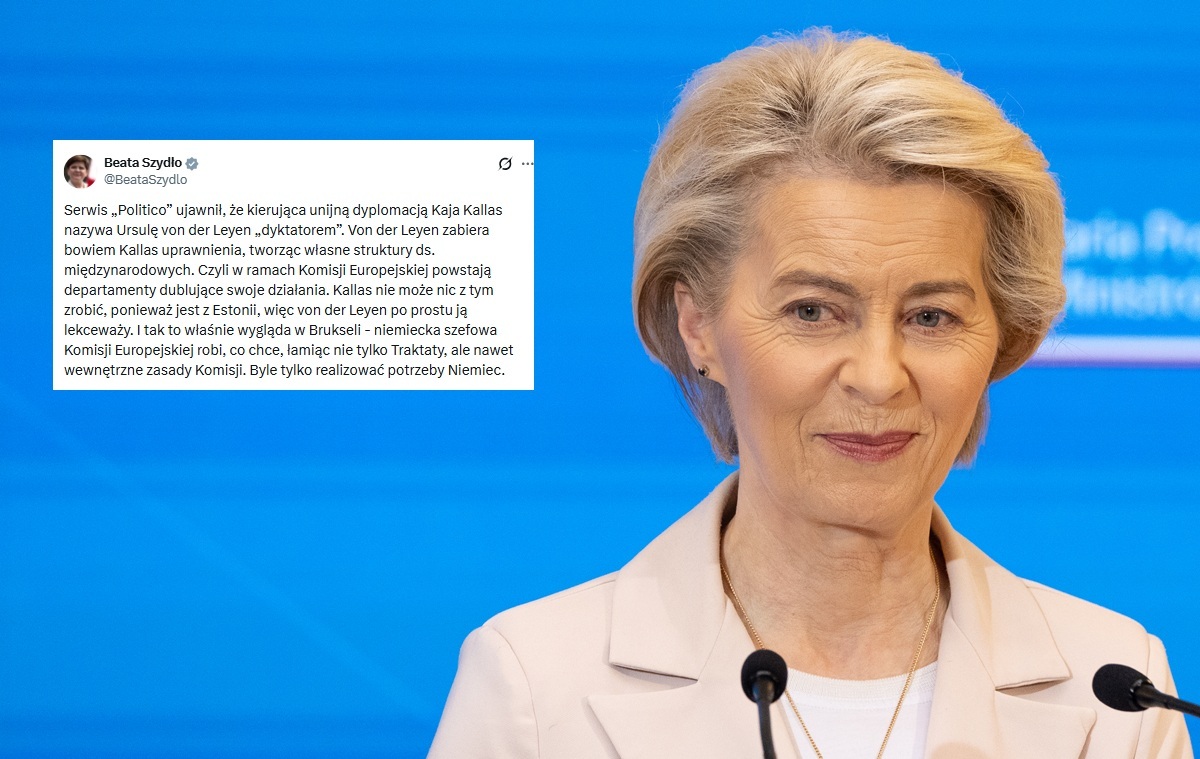Treasury Sanctions 3 Mexican Financial Institutions For Aiding Cartels In Fentanyl Trade; Sheinbaum Denies
Update (1100ET): Mexican President Sheinbaum has commented on the sanctions, denying any fraud and claiming the Mexican banking system is 'sound’:
-
*SHEINBAUM: NO EVIDENCE OF MONEY LAUNDERING IN MEXICAN BANKS
-
*SHEINBAUM SAYS MEXICO ONLY FOUND ADMINISTRATIVE FLAWS IN BANKS
-
*SHEINBAUM: MEXICO ASKED US TREASURY MONEY LAUNDERING EVIDENCE
-
*SHEINBAUM: MEXICAN FINANCIAL SYSTEM SOUND, ACCUSED FIRMS SMALL
-
*MEXICO TRANSFERS TO CHINA COS 'NOT MONEY LAUNDERING’: SHEINBAUM
Just a coincidence?
* * *
As Naveen Athrappully detailed earlier via The Epoch Times, The Department of the Treasury’s Financial Crimes Enforcement Network (FinCEN) sanctioned three financial institutions based in Mexico for allegedly laundering money for cartels involved in the illegal trade of fentanyl, the Treasury said in a June 25 statement. The institutions are CIBanco S.A., Intercam Banco S.A., and Vector Casa de Bolsa S.A. de C.V.

CIBanco and Intercam are commercial banks with assets worth more than $7 billion and $4 billion, respectively. Vector is a brokerage company managing almost $11 billion in assets.
FinCEN has determined that the entities launder money in connection with illicit opioid trafficking, and have “collectively played a longstanding and vital role in laundering millions of dollars on behalf of Mexico-based cartels and facilitating payments for the procurement of precursor chemicals needed to produce fentanyl,” the statement said.
CIBanco facilitated illicit opioid trafficking by Mexican cartels such as Jalisco New Generation Cartel (CJNG), Beltran-Leyva Cartel, and Gulf Cartel. Intercam was linked to CJNG, and Vector with the Sinaloa Cartel and Gulf Cartel, said the statement.
FinCEN said that between 2021 and 2024, CIBanco processed more than $2.1 million in payments from Mexico-based companies to entities in China that shipped precursor chemicals to Mexico. Intercam processed over $1.5 million during the same period.
As for Vector, the institution processed more than $1 million between 2018 and 2023.
The sanctions prohibit financial institutions in the United States from engaging in the transmission of funds from or to CIBanco, Intercam, or Vector. The prohibition also applies to any account or convertible virtual currency address administered by the three institutions.
In a June 25 statement, CIBanco said it does not maintain illegal business relationships. The bank “reiterates its compliance with all guidelines established by the competent authorities,” it said.
“CIBanco maintains constant communication with the relevant Mexican and U.S. authorities and reaffirms its full willingness to cooperate,” it said.
Intercam said they “categorically deny” any links between the institution and illicit activity, specifically money laundering, according to a June 25 statement. The institution reiterated its “firm commitment to transparency and legality.”
In a June 25 statement, Vector said it “categorically rejects any accusation that compromises its institutional integrity.” The institution has operated under strict rules, auditing, and supervision of national financial authorities, it said.
Illicit Transactions
In a June 25 statement, Mexico’s Ministry of Finance and Public Credit said it had asked the U.S. Treasury for evidence of CIBanco, Intercam, and Vector having links to illicit activities that could be corroborated by Mexico’s Financial Intelligence Unit (UIF) or the National Banking and Securities Commission. “However, no substantiating information was received,” it said.
“The only information provided by the Treasury Department that Mexico can verify contains data on some wire transfers made through the aforementioned financial institutions to legally incorporated Chinese companies. However, thousands of these transactions are made through Mexican financial institutions.”
“The UIF found transactions made to these Chinese companies by more than 300 Mexican companies through 10 Mexican financial institutions. This is because Mexico has thousands of regular transactions with legally incorporated Chinese companies, with annual trade totaling $139 billion,” according to the statement.
The ministry clarified that if it receives “conclusive information” proving that CIBanco, Intercam, and Vector engaged in illicit activities, it will “act to the fullest extent of the law.” However, the ministry has not received any such information to date, it added.
According to the June 25 Treasury statement, the sanction orders against the Mexican financial institutions were made pursuant to the Fentanyl Sanctions Act and the FEND Off Fentanyl Act.
The two Acts provide the Treasury with additional powers to target money laundering linked with the trafficking of fentanyl and other synthetic opioids. These are the first actions taken by FinCEN under the two Acts, according to the Treasury.
Secretary of the Treasury Scott Bessent said that “financial facilitators like CIBanco, Intercam, and Vector are enabling the poisoning of countless Americans by moving money on behalf of cartels, making them vital cogs in the fentanyl supply chain.”
“Today’s actions affirm Treasury’s commitment to using all tools at our disposal to counter the threat posed by criminal and terrorist organizations trafficking fentanyl and other narcotics,” he said.
In a June 26 post on social media platform X, Bessent said both the United States and Mexico are committed to ensuring that financial systems have “strong anti-money laundering/countering the financing of terrorism controls.”
China’s Long Game
In an interview with podcaster Joe Rogan on June 6, FBI Director Kash Patel said that China’s plan was to weaken the United States over the long term using the fentanyl crisis.
The Chinese Communist Party did not make much money off the drug trade by supplying precursor chemicals. The plan is to “take out generations of young men and women” who could have taken on jobs such as a police officer, a soldier, or a teacher, he said.
“That’s what they [China] are doing, when you wipe out tens of thousands of Americans a year. It’s a long-term plan for them,” he said.
According to data from the Centers for Disease Control and Prevention, there were an estimated 48,422 deaths in the country involving synthetic opioid fentanyl in 2024.
The Chinese communist regime’s ongoing supply of illegal drugs to the United States was one of the reasons stated by the Trump administration for imposing 20 percent additional tariffs on Chinese imports earlier this year.
Following a recent trade agreement, China has announced new controls for two fentanyl precursors.
Tyler Durden
Thu, 06/26/2025 – 12:20








![Osadzeni z Przytuł Starych w schronisku Canis. Spacery i koce dla psów [ZDJĘCIA]](https://www.eostroleka.pl/luba/dane/pliki/zdjecia/2026/617393971_1239492278365799_5993130478926405187_n.jpg)

